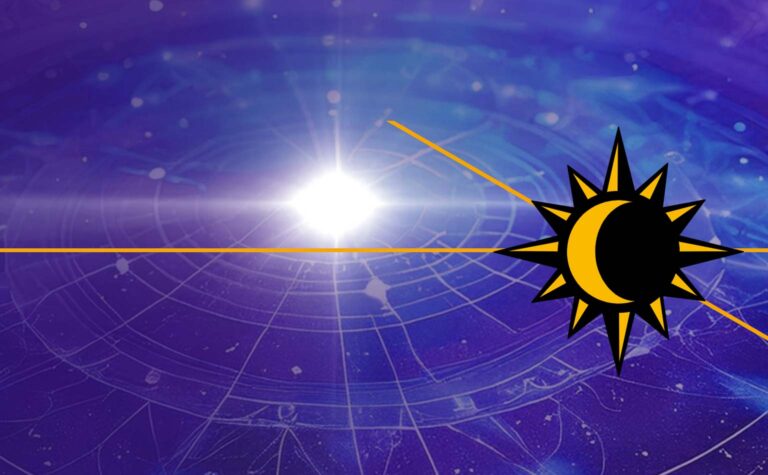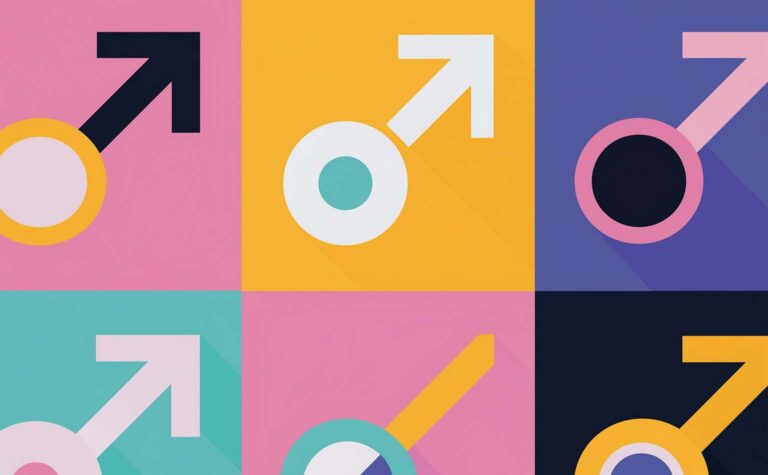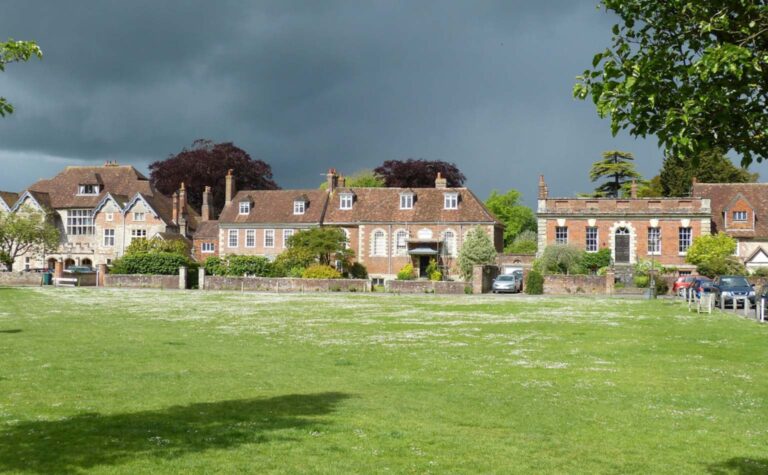Following my article in Therapy Today on Menopause: How Women Suffer in Silence, I have started to run a series of workshops on Sex, Meaning and the Menopause aimed at counsellors and therapists to develop better awareness of working with older women, how the menopause affects relationships, and the impact of early onset menopause on younger women.
Last week I worked with a group 12 participants, including two men. Two therapists were in their mid forties, most well into their fifties, and a couple in their early sixties.
The following is a summary of the discussions that took place. There are no absolutes here. This was very much a day of personal and professional exploration and discovery. But I do hope that these points may resonate with anyone reading this blog, and even help you on your own journey of understanding the menopause.
Introductions
As each participant introduced themselves, and stated what they wanted out of the day, I was astounded that even therapists who promote and practice self development and self awareness seldom talk to each other about this profound change of life. One participant said she felt a huge rage about what was happening to her, and this was affecting her relationship with her husband and children. She wanted to know if others were having similar experiences. Another said, ‘I want to understand the deeper aspects of the menopause. I never talk about this.’ One participant asked, ‘I feel invisible. Is that normal?’ One of the men confessed, ‘I’m here because I haven’t got a clue about it.’
Personal experiences
In small groups, I encouraged participants to discuss their own experiences of the menopause, and to think about the different ways it affected their lives.
These were the main points that came out of their discussions:
Overall, participants expressed anger and concern about how little information was available about the emotional and psychological impact of the menopause (early onset menopause, even less so). Rather the menopause tends to be ridiculed or dismissed. Women, themselves, will dismiss how they are feeling as ‘there’s no point making a fuss.’
As it’s not an illness or disease, GPs seem to have little time for the menopause. Yet, the menopause is much more complex than the message: ‘You’re through it as soon as your period has stopped for twelve months.’ Several participants felt outraged by this misnomer. Clearly distressed, one participant said, ‘I feel that it’s never going to end.’
There are also too many glib messages that state how the menopause can be ‘fixed’ with medication such as hormone replacement therapy (HRT). One participant said she felt ashamed to admit she wanted to take HTR to ‘stem her wrinkles’. Others were suspicious of the health risks, or did not want to take it. All wanted much clearer information on the pros and cons of HRT.
Participants were also concerned about an over-focus in the media on ‘anti-aging. ‘But you can’t anti-age,’ said one participant, ‘That’s ridiculous.’ Others spoke of how sad they felt about the way important rites of passage were not longer practiced in our modern society. Reaching the menopause is a profoundly life changing process for a woman, but it’s as if it doesn’t really exist.
Some participants spoke about being at an age where they were now caught between elderly parents and children still at home, or having to help out with grandchildren. ‘When it is going to be my time?’ said one participant. Others, however, were experiencing a sense of liberation. Another participant said, ‘At last I can do what I want.’
Several participants spoke of uncomfortable physical symptoms such as hot sweats. One participant’s GP told her she’d probably have to put up with them for the rest of her life[1]. That was very hard for her to accept. Another participant was experiencing a little known symptom called ‘hot tongue’ (the tip of the tongue becomes uncomfortably over heated). Her GP assured her this was due to the menopause, and at some point would cease. This was a new one on me, and none of the other participants had heard of this before either.
Sexual changes are rarely spoken about. Media messages seem to focus on ‘something is wrong when a woman no longer wants sex.’ Everything seems to be about continuing to have a healthy sex life no matter how old you are. The participants agreed that sexual changes during the menopause are much more complex than that. When a woman brings up the subject of low libido or painful sex, GPs tend to shrug their shoulders and hand over a prescription for HRT.
Much discussion focused around the sense of loss experienced during menopause, particularly the loss of sexual attractiveness. This can be devastating for some women. The loss of fertility also caused much distress. ‘Knowing you can’t have another baby is awful. Your purpose of being a woman is finished,’ said one participant. Another, who had an early onset menopause turning forty, had to accept she had lost the chance of ever having children. ‘It was devastating,’ she said. Another participant spoke about feeling a loss of identity: ‘Who am I? Just who is this crazy woman?’
All the participants realised that reaching the menopause marked a time of transition from young person into someone who, as one participant put it, was ‘moving towards death.’ Others spoke about an increased feeling of mortality, and the need to ‘forgive yourself for growing older.’ One participant spoke of a growing desire to ‘make sense of things’, while others had decided to change their Anglican faith to a more esoteric spiritual practice.
From Menstruation to Menopause
During the next exercise, I encouraged participants to compare their journey from menstruation to menopause with that of their mothers, playing attention to the messages they had may have absorbed from her about sex, sexuality, femininity, menopause, and aging. I also invited them to consider any crisis their mother might have got through as she reached the menopause. The two male therapists looked at how their mother’s journey had affected their attitude towards women, and their own aging process.
Most realised their mothers had never spoken about the menopause. There was a sense of ‘coping and getting on with it.’ Some mothers had had a hysterectomy, which was never discussed in the family. ‘It just wasn’t done to mention things below the waist’, said one participant. However, it was also recognised that stoicism was very much part of this older generation’s attitude to life.
One participant who had been estranged from their mother, said, ‘I worked out that my mother must have been going through a dreadful time while having the menopause. I feel much more compassion for her now.’ Another participant admitted she had been determined to do the menopause differently from her mother, and had harboured deep resentment towards her. The exercise helped her to understand her mother’s helplessness.
Working with clients
In the afternoon participants looked at how to take these insights into their therapuetic work with older females, couples, and women with early onset menopause. Following are the major points that were discussed.
Working with older women
- Participants were much more aware of how the menopause might affect older female clients. They were also aware that some women are in denial of the menopause, or refuse to admit they are aging. This can be a very sensitive subject to introduce, and to manage. However, it’s important to provide information that the menopause is a process, not a one-stop event.
- Menopausal women can feel isolated and misunderstood. Some women develop depression at this time, and struggle with low self esteem. It was generally agreed that if an older woman is experiencing mood swings or distressing symptoms, she should talk to her GP about the possibility of being menopausal. Knowing there could be the reason for low moods can help.
- Some participants said they might struggle if a client was insistent on using cosmetic surgery as an anti-aging solution. It would be important to work with underlying core beliefs such as low self esteem, or a fear of aging.
- Working women facing the menopause can be particularly vulnerable. Some women have been known to leave work rather than admit they are experiencing distressing symptoms. Highly successful women can suddenly experience a loss of confidence, or suddenly find themselves side-lined.
- Some older women may come into therapy because of relationship problems. Sometimes this is due to sexual changes, although many women choose to leave their partners during the menopause. They’ve had enough of ‘looking after everyone else.’ Other women are abandoned by their partners, who often look for younger partners.
Working with couples (gay and heterosexual)
Several therapists had not really considered how the menopause might affect relationships. The discussion developed into the following points:
- Partners can often misinterpret fading sexual interest as personal rejection. They will generally think ‘there’s something wrong with me.’ Alternatively, other partners may be completely ignorant about the menopause. Their attitude is, ‘Well, just how long is this going to last?’ It’s important to explain what the menopause is, and encourage the couple to talk about what’s happening.
- Many menopausal women develop vaginal atrophy, which means that penetrative sex becomes uncomfortable or very painful. Women can feel very pressurised by their partners to continue to have penetrative sex. On the other hand, men are often forced to accept that their wife no longer wants sex. However, this means they are also forced to deny their own sexuality. Couples may require help to explore different ways of bring intimacy into their relationship.
- During couple counselling, men more than women tend to bring up the subject of HTR as a way to fix sexual difficulties. There is so little information available for these men that they tend to research on the internet. However, most sites about the menopause promote HRT. This needs a more realistic exploration and discussion.
- Women with hot sweats often experience difficulty in sleeping. This can be disruptive to their partner. Or upsetting when the woman wants to sleep separately. It’s important to help partners to understand what’s going on, and to find a solution to sleeping arrangements.
- As their partners reach menopause, it is not unusual for men to be drawn to younger women. The work is about helping both parties to confront their aging process, and to find ways of supporting each other through this immense life transition.
Premature or early onset menopause
Again, here are the major points:
- Premature or early onset menopause usually happens because of gynaecological problems, such as endometriosis, or ovarian or uterine cancer. In most cases, a partial or total hysterectomy is performed, or the person may be given radiation treatment or chemotherapy in the case of cancer.
- The woman may be raging against the surgeon who did the hysterectomy, or she may be feeling defiled or disfigured. This can lead to a crisis of confidence, the feeling of ‘being a freak.’
- Therefore, early onset menopause is often accompanied by overriding grief and loss. These young women may well feel isolated from their peer group, and struggle to accept the loss of fertility as well as their identity as a woman.
- They may be fearful of what early onset menopause means to their relationship, or to any future relationships.
- It’s important to provide on-going support when working with these clients, and understand that they may well be traumatised by their treatments or surgery. The most important issue for a woman in this position is to find a way to regain control of her life. This would be a profound, on-going journey.
Our day together ended with a wonderful feeling of unity and acceptance. Many participants were very moved by each other’s stories, and expressed gratitude for having had the chance to really talking about the menopause. I, myself, was deeply touched by being with this band of twelve therapists, so willing to share and talk about such sensitive and personal matters.
As I said at the beginning of this blog, the discussion points I have outlined are not absolutes. They are part of a much needed on-going dialogue about how the menopause affects us all emotional and psychologically.
If you have been touched by anything you have read, or you want to raise your own points, I would love to hear from you. What you have to say is important.
[1] Acupuncture is certainly worth considering.





3 comments
Jo Goode
If your doctor prescribes HRT, discuss your options and ask for one of the many humane alternatives, such as hormone replacement tablets made from plant-derived estrogens called “phytoestrogens.”(10) Plant-based over-the-counter remedies are also available.
Linda
I’ve only just spotted this post in our group for Women’s Health Advocates on LinkedIn and I found it particularly interesting and helpful Sue. Would you be interested in writing a guest post on The Hysterectomy Association website?